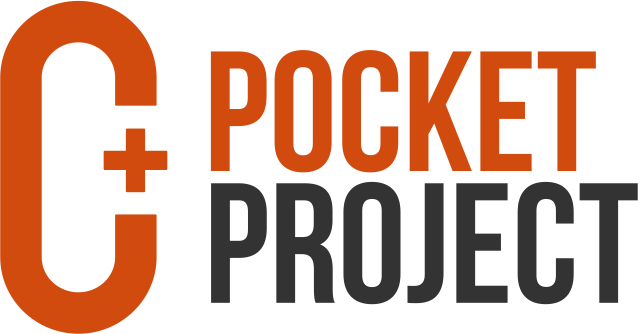Trauma-Informed Leadership
Trauma-Informed Leadership Course
with Thomas Huebl & Team
Self paced learning: Online Course
Learn in your own time, based on the recordings of live sessions.
About the Course
This course offers a refinement and deepening of our first Trauma-informed Leadership Course from 2021. In the live course we will offer additional Integration Sessions, Affinity Group Sessions and Practice Groups in Spanish, Ukrainian and German.
As trauma-informed leaders, we develop our skills for systemic healing, becoming more able to integrate the past, fulfil our potential and create new opportunities and possibilities with our teams.
When experience meets us in our open, vulnerable and responsive aspects, it becomes water, fluid life. I can respond to my life circumstances as a leader. But if snowflakes fall onto ice and my life experiences meet me in my trauma, I can’t respond to the life circumstance, and then we call it a problem, a difficulty, a challenge…
LEARNING OUTCOMES
Tools for the cultivation of presence, resilience and spaciousness - nurturing self-growth and compassion
Tools and frameworks to refine our leadership and develop trauma-informed guidelines and healing architectures
Willingness to engage with ‘difficulties’ as the way, rather than in the way - cultivating curiosity and catalysing latent intelligence
Ability to engage more skillfully with team and community challenges, including the ability to recognize and respond more adequately to symptoms of stress and trauma
Increased capacity for relational and systems sensing - the ability to meet the communities, organisations and environments we serve with a higher level of response-ability
Access to a global network of like-minded conscientious innovators and change-makers
If everybody looks through broken glass, then together, we are looking at a world that looks broken. When I notice my crack in my window, and you notice yours, and we start healing our cracks, then we begin to look at the world through clear glass. And that’s what trauma healing does. It starts unifying the world.
Programme outline
All course sessions with take place from 7-9pm CET (Central European) – You can use this Time Zone Converter to convert to another time zone.
Public Module 0: Why Trauma-Informed Leadership?
- Thomas Hübl
- How can we wake up to the hidden variable in our societal matrix: individual, ancestral and collective trauma?
- How can each of us become a focal point for relationality and coherence?
- How can we build a collective body to heal our collective wounds?
Module 1: Leading in Times of Complexity
- Thomas Hübl
- Exploring the nature of individual, ancestral and collective resilience and trauma
- Reflecting on the nature of complexity and our purpose as leaders
- Learning about vision and engagement as two core activities of leaders
Module 2: Leadership & Personal Resilience
- Thomas Hübl
- Accessing our sources of resilience to lead from a place of clarity and compassion in times of crisis
- Reflecting on the nature of personal trauma and how our inner work builds a solid foundation for our outer work
- Understanding how the qualities of vulnerability and strength can combine in our leadership
Module 3: Basic Competencies for Self- & Co-Regulation
- Kosha Joubert
- Cultivating presence & relating in our service to the world
- Gathering our toolkit of basic competencies for inner resilience, resourcing and trauma recognition
- Exploring topics of self-care and group coherence
Module 4: Leadership & Organisational Resilience
- Thomas Hübl
- Looking at the past and acknowledging what happened to your organisation that was traumatising
- How can rapid learning loops be initiated that help the organisation to move towards trauma sensitivity and trauma integration?
- What is needed for a process of integration and restoration that leads to ongoing organisational resilience?
Module 5: Leadership & Team Resilience
- Jens Riese
- Accessing sources of resilience for teams
- Expanding our capacity for trauma recognition and trauma-informed collaboration within our teams
- Exploring the significance of our influence as a leaders
Module 6: Leadership & Collective Resilience
- THOMAS HÜBL
- Acknowledging the larger cultural and historical dynamics of collective resilience and trauma which your organisation is working within
- Assessing the effects of the fields of trauma that you are addressing as an organization on your team and structures
- Strengthening your contribution towards societal and cultural trauma sensitivity and trauma integration
Module 7: Racialized Trauma & Resilience
- Karen Simms
- Exploring the signs and symptoms of racialized trauma and how it impacts a team’s climate and culture
- Adopting essential elements to respond to those impacted by racialized trauma and avoid further traumatization
- Understanding how to identify and embrace cultural diversity as a strength to foster and build
Module 8: Leading from the Future
- Robin Alfred
- What is the nature of the future and how might it resource us for our journey?
- How can we create the inner conditions and outer practices to distinguish the whisper of the future from the habits of the past?
- How can we innovate as individuals, teams and organizations?
Module 9: Cultivating a Healing Architecture
- Thomas Hübl
- Contextualising ‘Guidelines for Trauma-Informed Practice’ for communities and organizations
- Adopting essential elements to respond to those impacted by trauma and avoid further traumatisation
- Understanding how to identify and embrace cultural diversity as a strength to foster and build
self-Paced Learning Course REGISTRATION
*Payment for the course is in Euros. The price in dollars will depend on the conversion rates on the day on which the payment is being made.
All income from this course will support the non-profit work of the Pocket Project!
Scholarships
We would like to encourage People of Colour from the ‘Global South’ and/or people who may have experienced systemic exclusion in their country of residence, and don’t currently have the resources to cover the costs of the Trauma-informed Leadership Course, to follow this link to the scholarship application form – the Pocket Project is sponsoring spaces for people like you! Welcome!!
COURSE REGISTRATION
*Payment for the course is in Euros. The price in dollars will depend on the conversion rates on the day on which the payment is being made.
All income from this course will support the non-profit work of the Pocket Project!
Scholarships
We are offering full scholarships for the Trauma-informed Leadership Course to People of Colour from the ‘Global South’ and/or Ukrainians. Alternatively, if you don’t have the resources to cover the costs of the course, you can apply here for a 50% reduction. Welcome!
The team
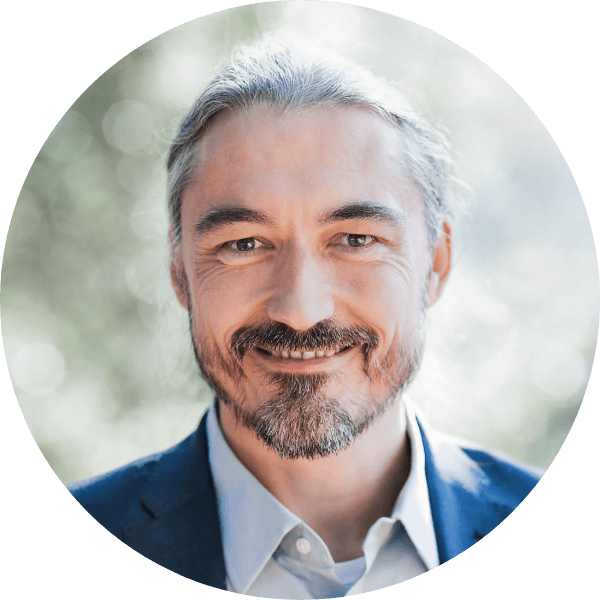
Thomas Hübl
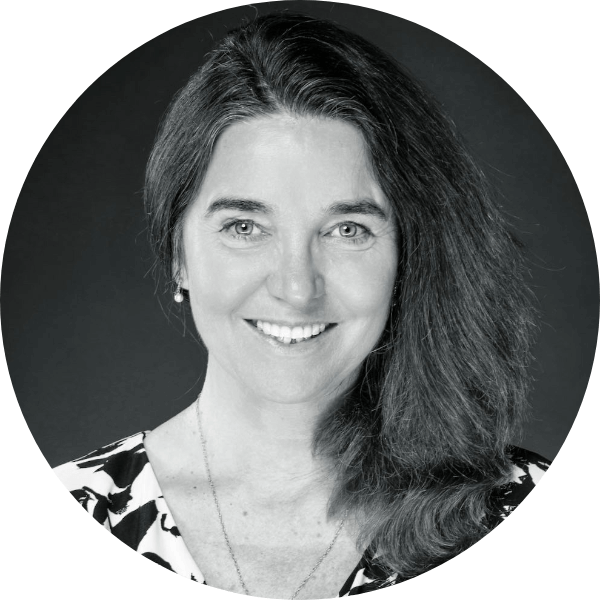
Kosha Anja Joubert

Robin Alfred
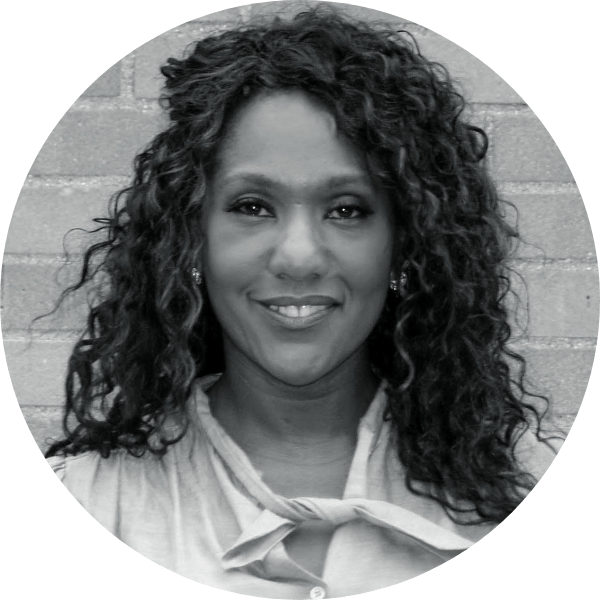
Karen Simms
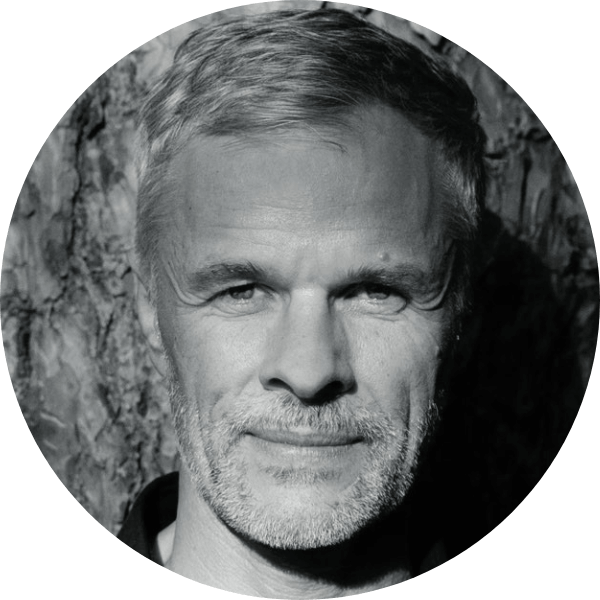
Jens Riese
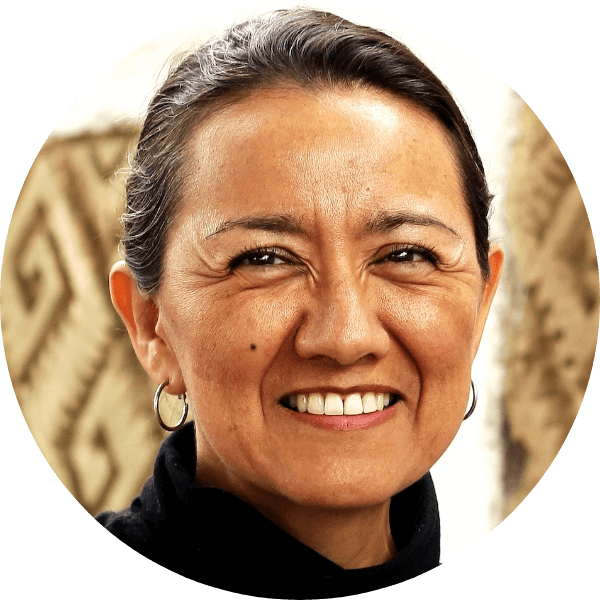
Laura Calderón De La Barca

